Zen And The Art Of Nel Drip Coffee
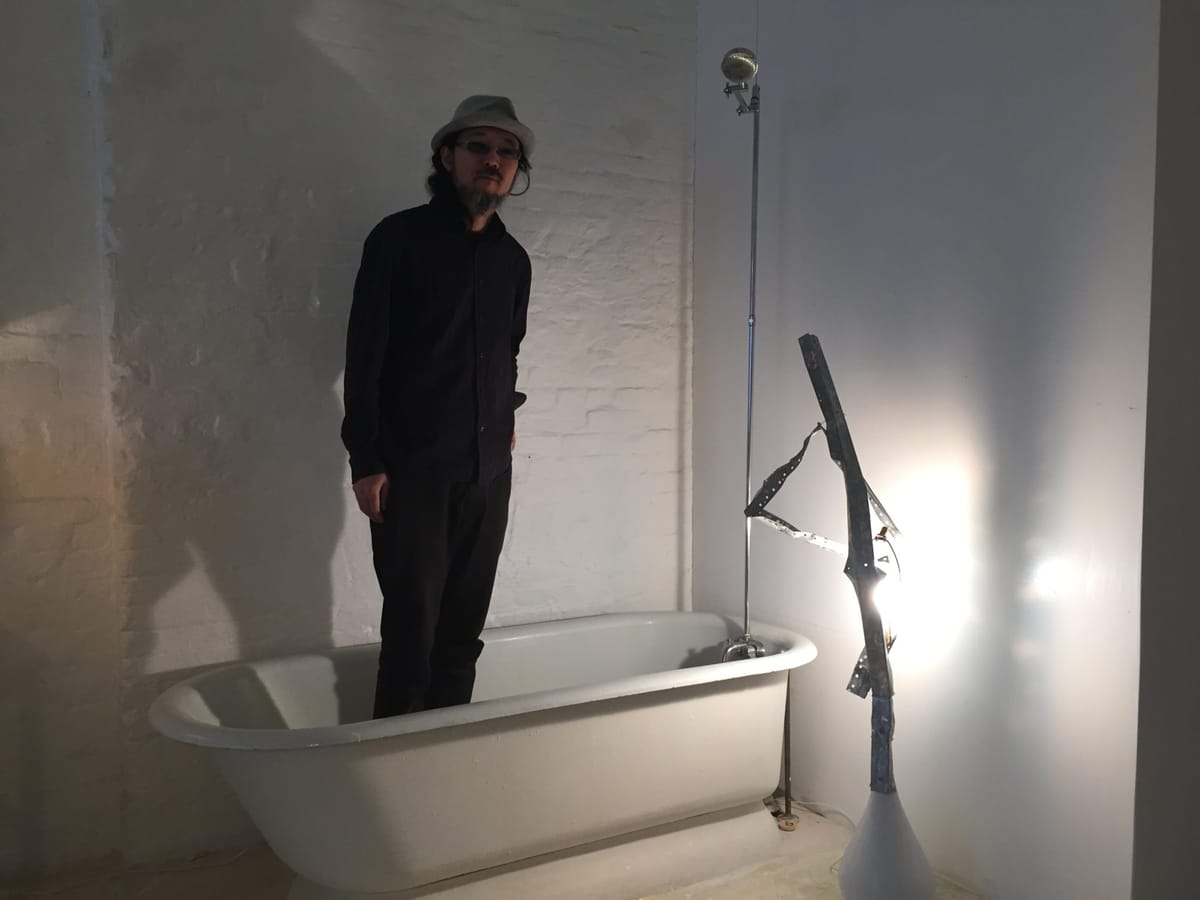
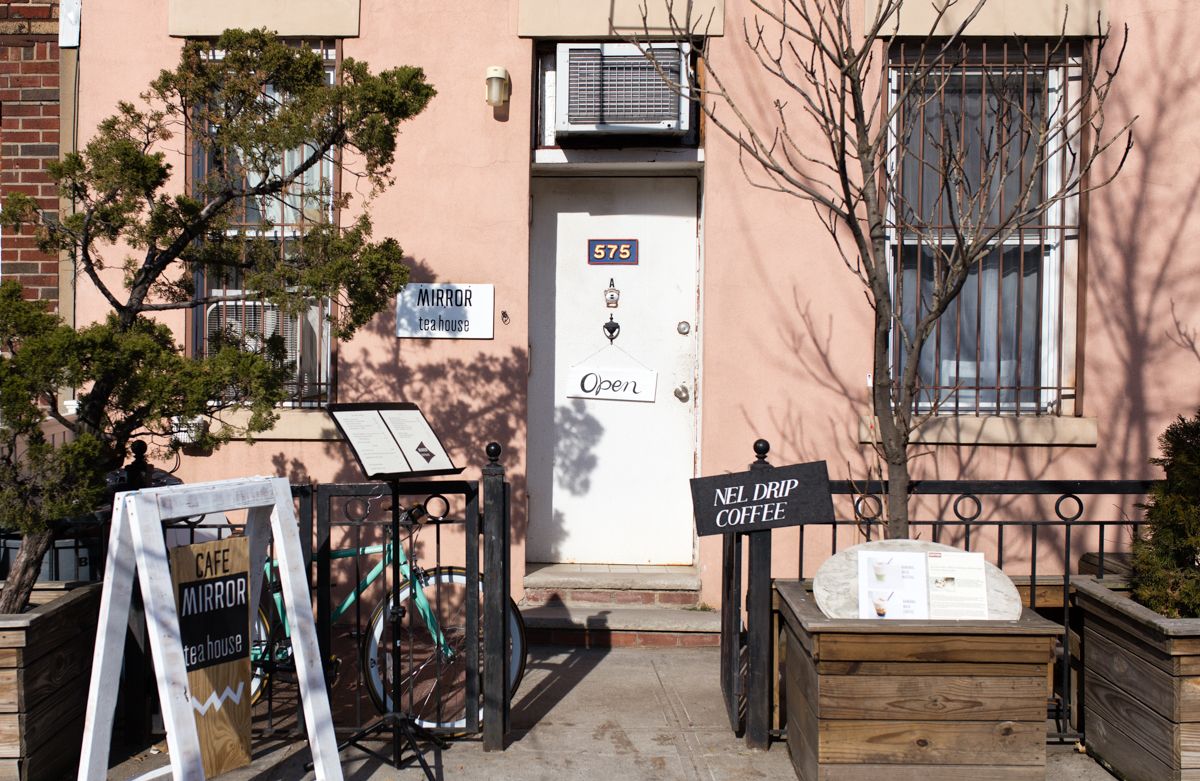
Blink and you might miss it.
Along the busy strip leading to the bridge over the Gowanus Canal is the non-descript storefront of Mirror Tea House. Marked only by a minimal wooden sign hanging from a white sandwich board frame perched on the sidewalk, it is easy to mistake the shop located at 575 Union Street for a private residence.
Stepping through the front door, you enter a stark, airy, and sunny café that is the very definition of Wabi-sabi, the Japanese aesthetic of unconventional beauty centered on things being imperfect, impermanent, and incomplete, as well as modest and humble.
Sunlight pours through the two front windows of the austere white space while swirls of paint embellish the wood floors like a giant Jackson Pollock canvas. A bathtub sitting in a corner serves as a makeshift water fountain—a remnant left in place after the demolition of an interior wall.
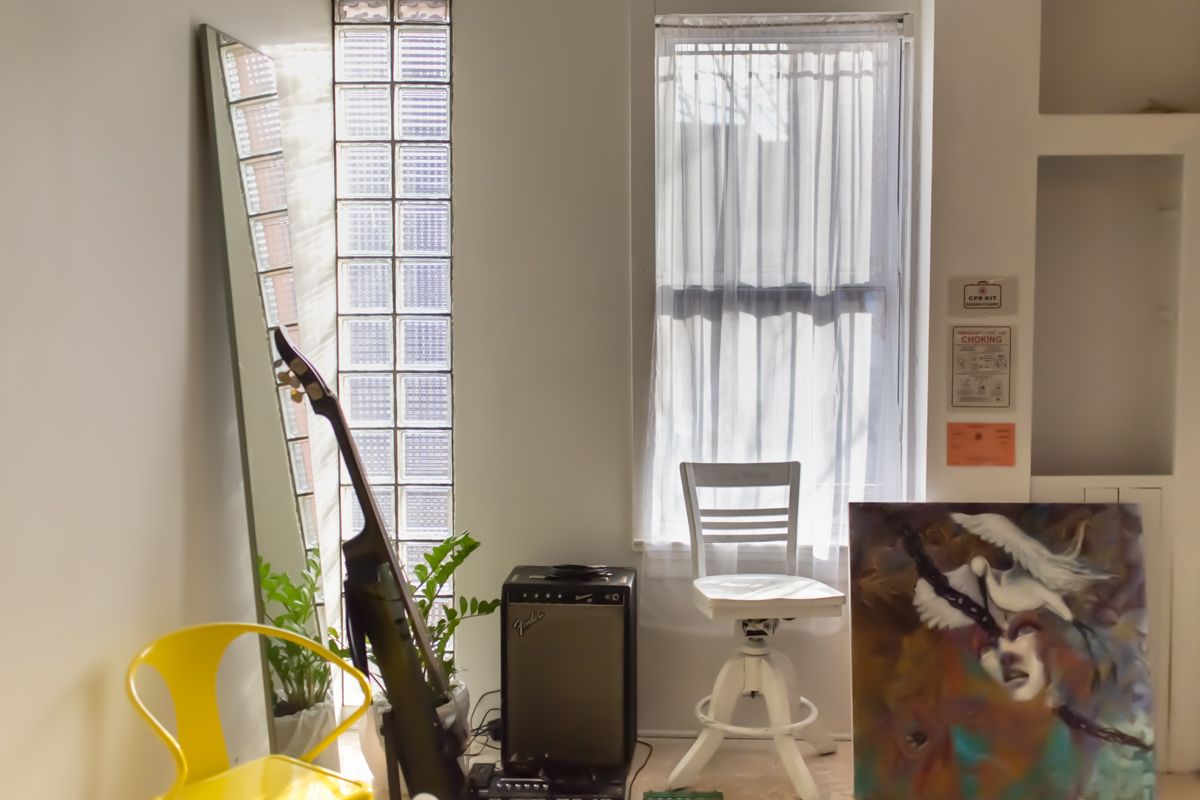
Behind the counter are Fumio Tashiro and Miho Morita, the stylish and Zen-like couple who run Mirror Tea House. Tashiro, a jazz bassist, and Morita, a visual artist, showcase their creativity in the understated elegance of the café as well as in the beverages they serve.
Tashiro came to New York City in 1991 to play bass and learn “what real jazz is,” he says on a brilliantly sunny afternoon inside the café. Upon his arrival, he “started going to jazz clubs and [playing] jam sessions” right away at clubs like the famed Lenox Lounge in Harlem.
Within his first year of living in the city, Tashiro went to a performance by jazz bassist Milt Hinton and met the legendary performer. “After the set he came to me and said, ‘I know you’re a bass player, right?’” Tashiro recalls. The 83-year-old Hinton invited the young fellow musician to sit with him and his family at his table. The two instantly hit it off and Hinton extended an invitation to Tashiro to visit him at his home in Jamaica, Queens.
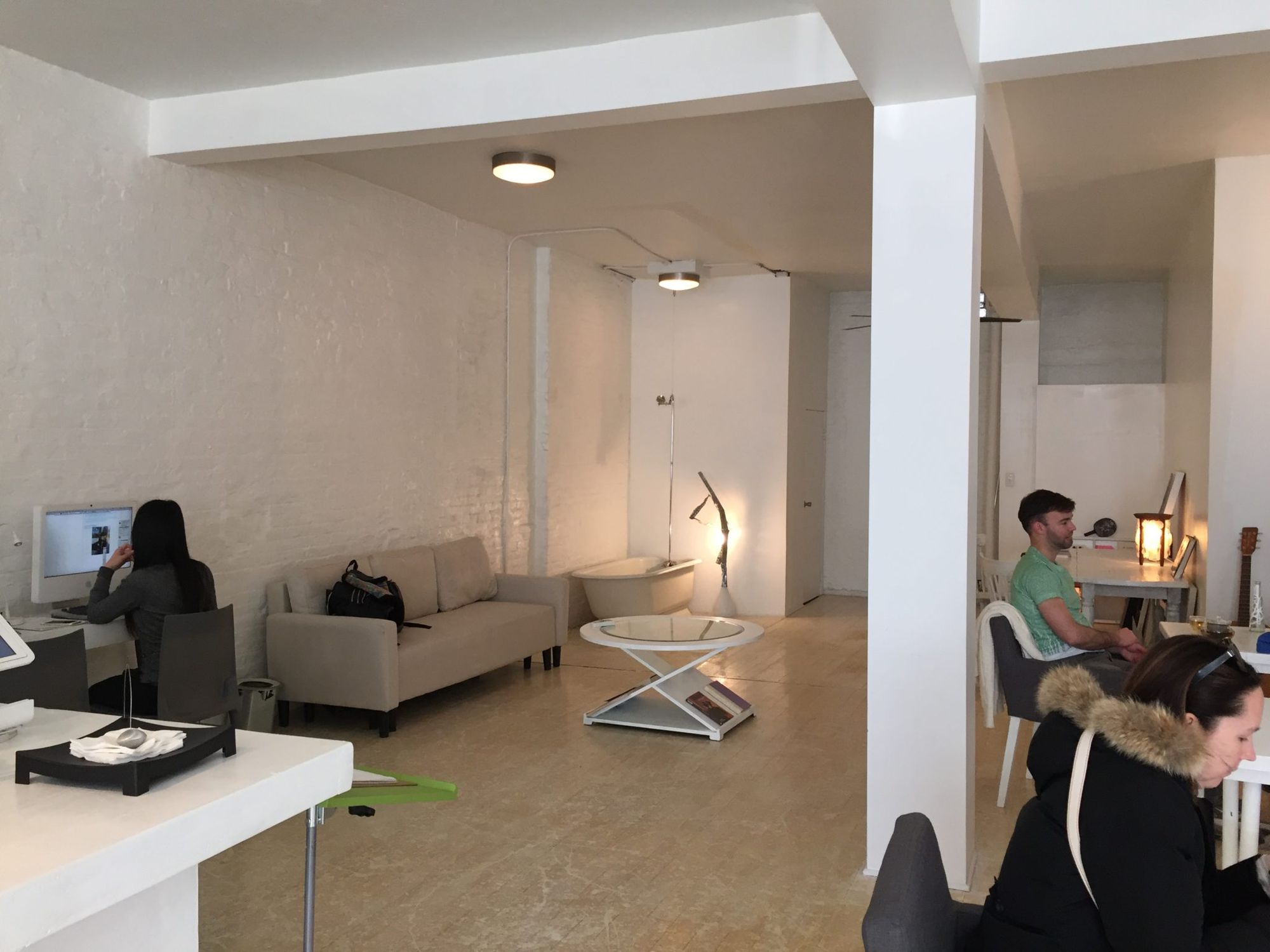
Excited, Tashiro took Hinton up on his offer and visited him soon after, “We had dinner together. I even cooked…[we] drank together…. He had a studio in the basement. He had two basses, so we played…” Tashiro says of his eventful first visit.
Over the next few years, Tashiro would continue visiting Hinton and playing bass with him, cultivating a close friendship. Tashiro initially came to New York with only an electric bass, so Hinton let him borrow one of his upright basses—typical, Tashiro says, of his generous friend. “He was a generous person…he supported me so much.”
Tashiro’s fondest memory of Hinton involves his mother and two brothers visiting from Japan. Tashiro set up a gig in Soho because he wanted to show his family what he was doing here in the city, and he asked Hinton to attend.
“I was a little bit afraid because he was a master bass player, so I was afraid to ask, ‘Could you come to the gig?’” Tashiro says. But Hinton showed up, and played a couple songs with Tashiro, to the delight of his family. “After the gig I asked him, ‘How much should I pay you for this gig?’ and he said, ‘No, I don’t need any money. That’s for your mom…. I did it [for] your family.’”
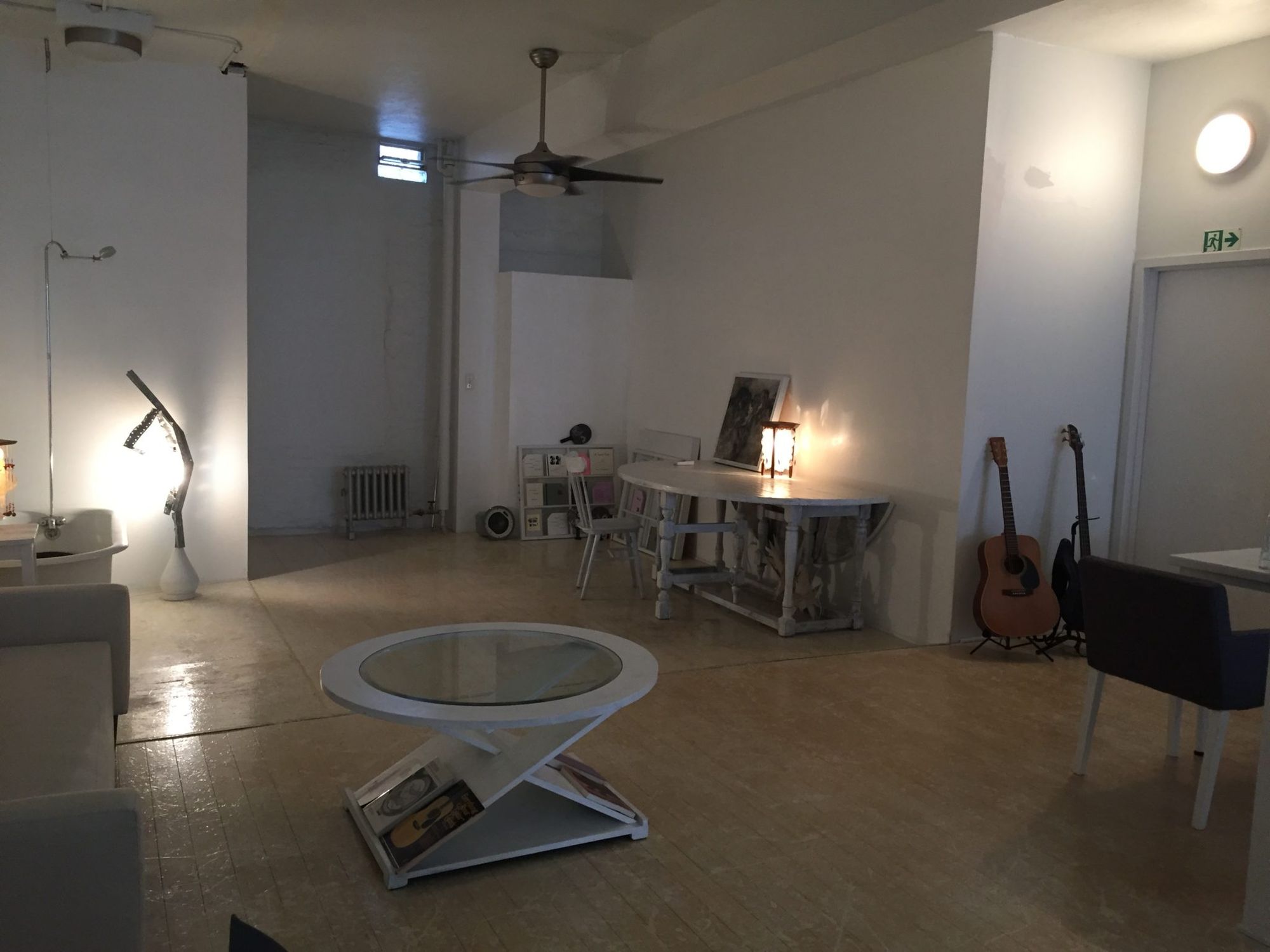
In the mid-90s, Tashiro had to return to Japan for four years to sort out his green card. During this time he met his partner Morita and worked on developing his own musical style.
“I put a new band together and I tried different types of venues. No one did it before, now it’s getting popular,” he said, remembering various gigs in a factory, in the countryside, and in a shrine. “In Japan, I had a unique trio… trumpet, drum, bass. It’s a very strange combination. No keys. No guitar. My composition was kind of unique—entirely improv.”
He returned to New York in the late-90s with Morita, and performed his own compositions at jazz venues. “I tried to find my own original music…totally my own style,” he says.
Then, in a NYC subway station, Tashiro met Chim Nwabueze, a musician who played the musical saw. They became fast friends and collaborators, making experimental music with multi-media like dance or live painting.
“No standard music – totally improvised music…. We played a show at a church in the East Village, a bookstore, an art gallery…different venues, not jazz venues,” he said.
When told that these collaborative musical experiences are reminiscent of the Velvet Underground, he says his band was “a little bit more crazy.”
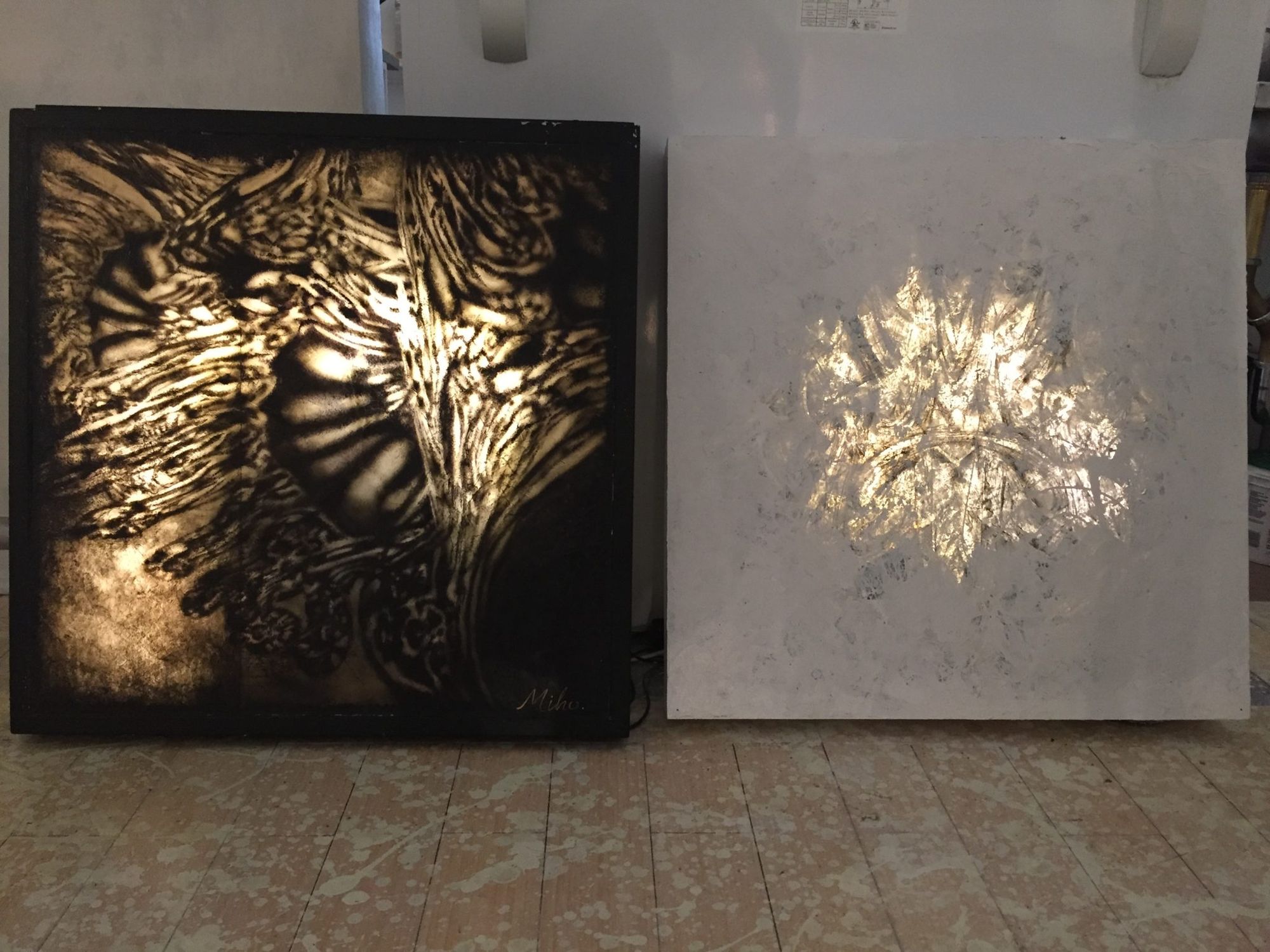
During these musically formative years, he remained friends with Hinton. “He taught me how to play and [about] philosophy. I learned a lot from him as a human being, not just a musician.”
Hinton passed away in 2001 at the age of 90. Tashiro says while Hinton taught him to play the bass well, the jazz legend emphasized that “the most important thing is be a good man—support people and help people.”
Tashiro seems to carry that lesson with him to this day, as he patiently and thoughtfully prepares coffee and tea for customers at Mirror Tea Room.
Opened in early February, Mirror Tea House serves a variety of fragrant, organic, loose-leaf herbal teas and specializes in Nel Drip coffee, a pour over/drip method of brewing coffee where Tashiro pours hot water into a flannel filter containing freshly ground beans on a glass carafe. The flannel filter brews a smooth, rich, less acidic coffee.
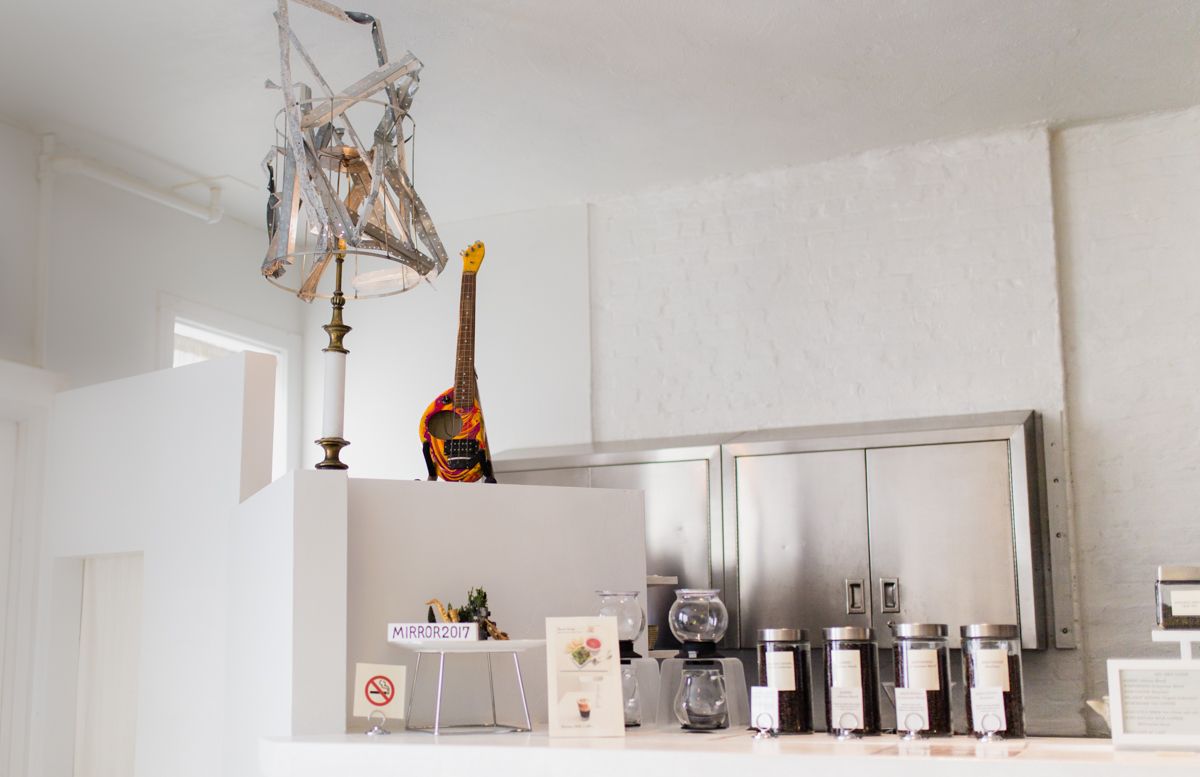
“What makes the coffee different is the water temperature and the cloth [filter],” Tashiro explains, “People like our drip style. I make really strong coffee compared to other [shops] that people like.”
“I love coffee,” Tashiro continues, “I learned how to pour coffee from my friend [in Japan]” whom he’d met during his four-year stint back.
“Her family owns a coffee shop in Tokyo and also a roasting machine…in the mountainside, so we’d go there all the time and she showed me how to roast the coffee, how to produce and make good coffee.”
Along with herbal tea and Nel Drip coffee, the Mirror Tea House also serves cold brew iced coffee, hot chocolate, and a specialty drink Tashiro created called Banana Milk Coffee, consisting of exactly what its name suggests. The delicious concoction is a perfect blend of strong coffee with creamy banana and milk—not cloyingly sweet like specialty coffee drinks at other cafés tend to be.
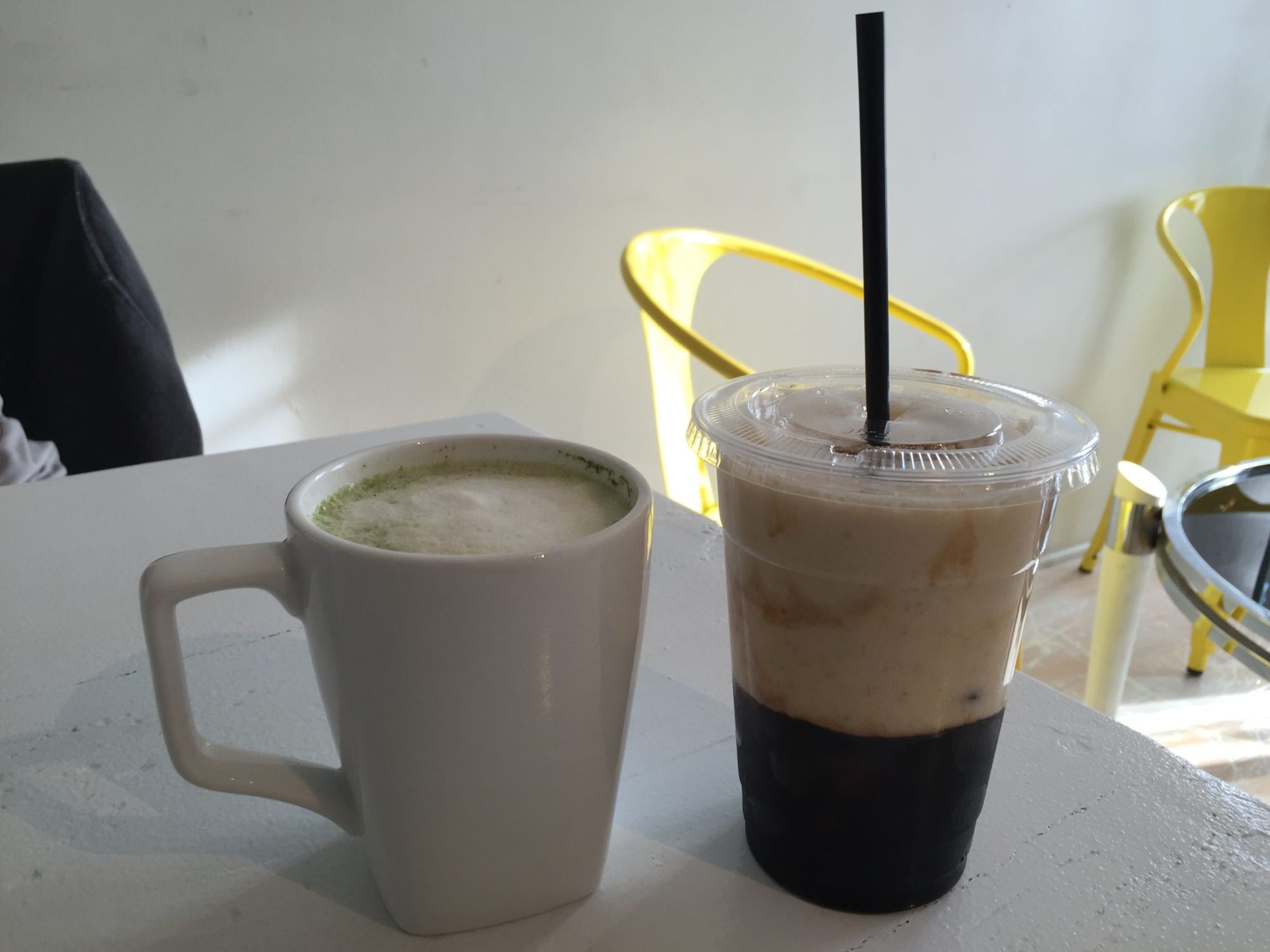
“Food is art. That is one of our many concepts…It’s all connected with art, even music, it’s all connected,” Tashiro says. “Composing music is like making food. When you make music…it’s like [combining] a little salt, sugar, and spices — creating a recipe.”
One of the concepts behind Mirror Tea House is the Japanese philosophy, mori.
“Mori means ‘woods’ or a forest in Japanese—everybody is a tree and they’re supporting each other,” Tashiro explains. The sense of community stems from his and Morita’s collaborating with the renowned Japanese architect, Hiroyuki Arima; Japanese restauranteur, Kohei Naghino; a travel business owner; and an artisan craft shop owner in a company called Mirror in the Woods.
Mirror Tea House is the first project for this collaborative, which hopes to incorporate the other members’ specialties into future projects, such as combining food and art or selling some artisan objects.
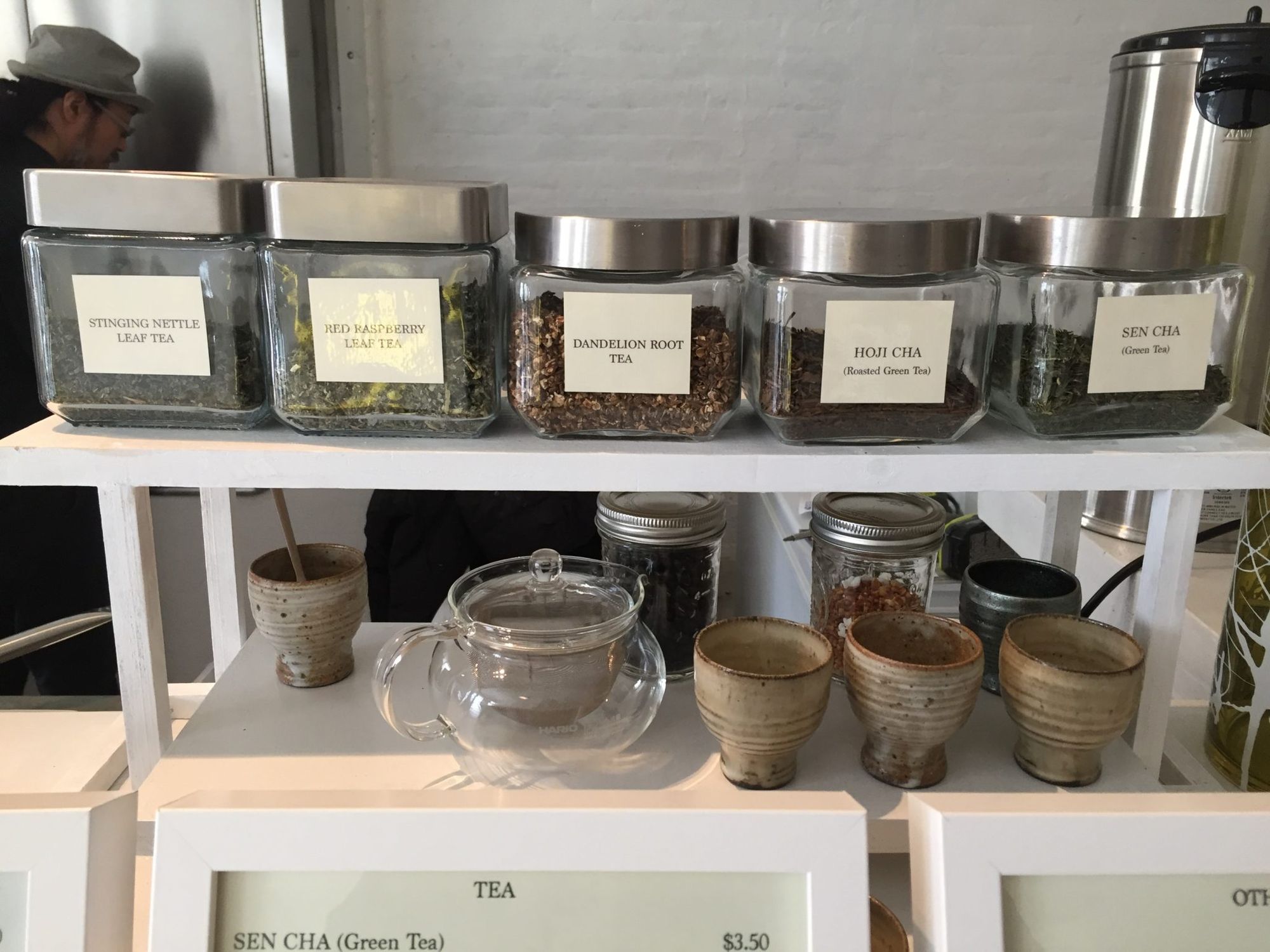
Tashiro adds, “[A] tea house is not just a place for drinking tea. The more important thing is…it’s open for community.”
Mirror Tea House also serves as a multi-purpose event space, an intimate venue to host small functions or exhibit artwork—many paintings by Morita are currently on display.
“We are looking for pop-up galleries and events. We are planning to do music or poetry events, readings, food events, and small workshops,” he says.

Tashiro and Morita feel Gowanus is a good fit for their new business because it has an artistic edge. “Like how Williamsburg used to be,” Tashiro says.
Regarding their easy-to-miss storefront, Tashiro says “It’s unique,” but adds, “Many people suggest a bigger sign – like neon.”
But a neon sign is not very Wabi-sabi.
Join Mirror Tea House for an official opening party on Saturday, March 4th from 4 to 7pm. There will be a premium sake tasting and yakitori (Japanese grilled skewers). All are welcome!



